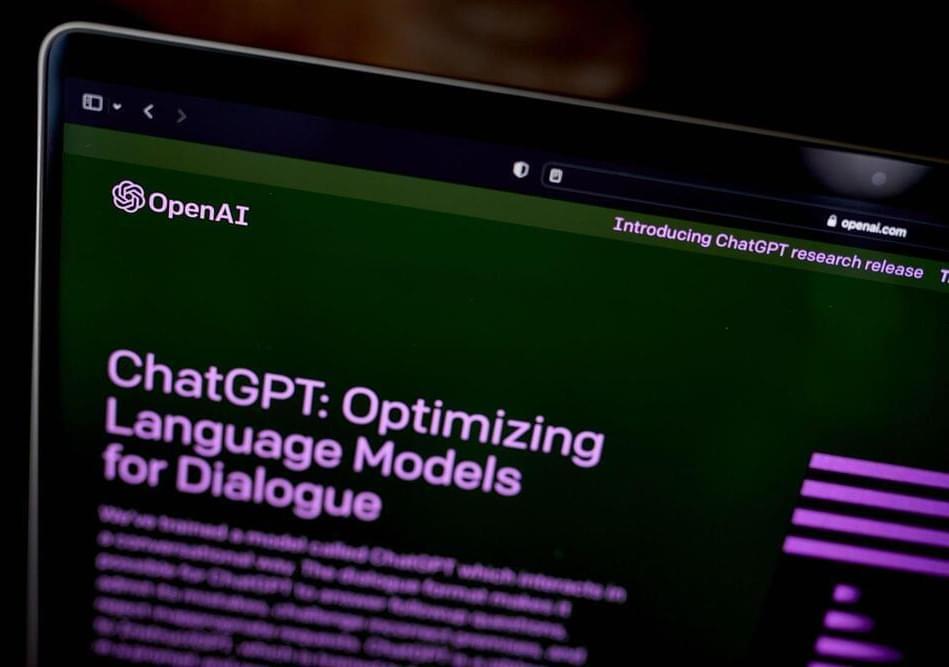As the field of Quantum Computing continues to grow, the need for University and advanced educated individuals to make up the Quantum Computing workforce has grown as well. Below is a list of Master’s Degree Programs in the Quantum Computing Field offered by Universities around the world, featuring programs that range from onsite to online, and from one to two years in duration.
University College London (UCL)
UCL offers an MSc. degree in Quantum Technologies, with a robust curriculum that features compulsory modules in Advanced Quantum Theory, Quantum Computation and Communication, Quantum Technologies, and an Individual Research Project, among other non-compulsory optional modules. Optional modules include Astronomical Spectroscopy, Materials and Energy Materials, Physics of the Earth, Physics of Advanced Materials, Theoretical Condensed Matter, Advanced Topics in Statistical Mechanics, and more.





